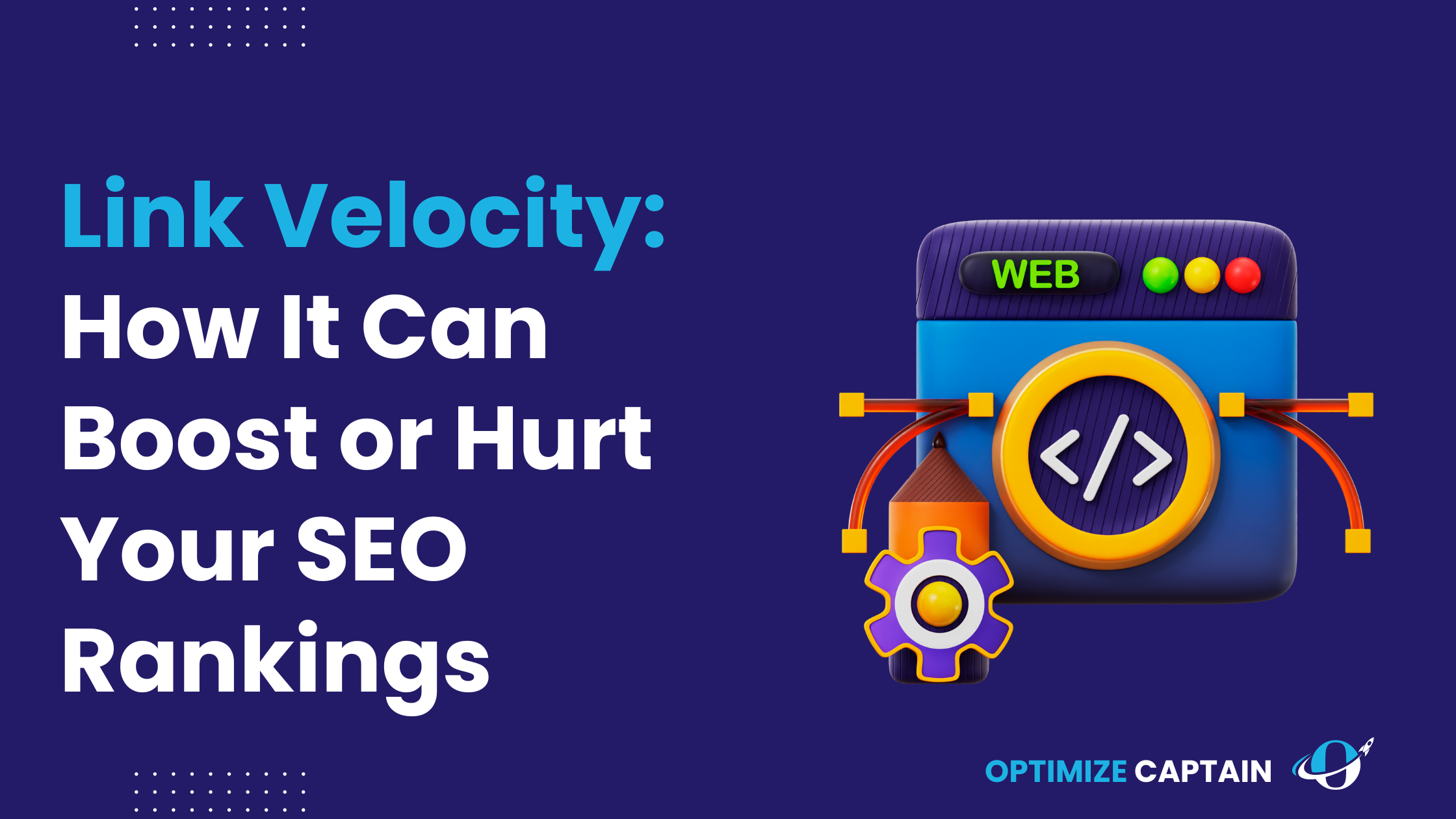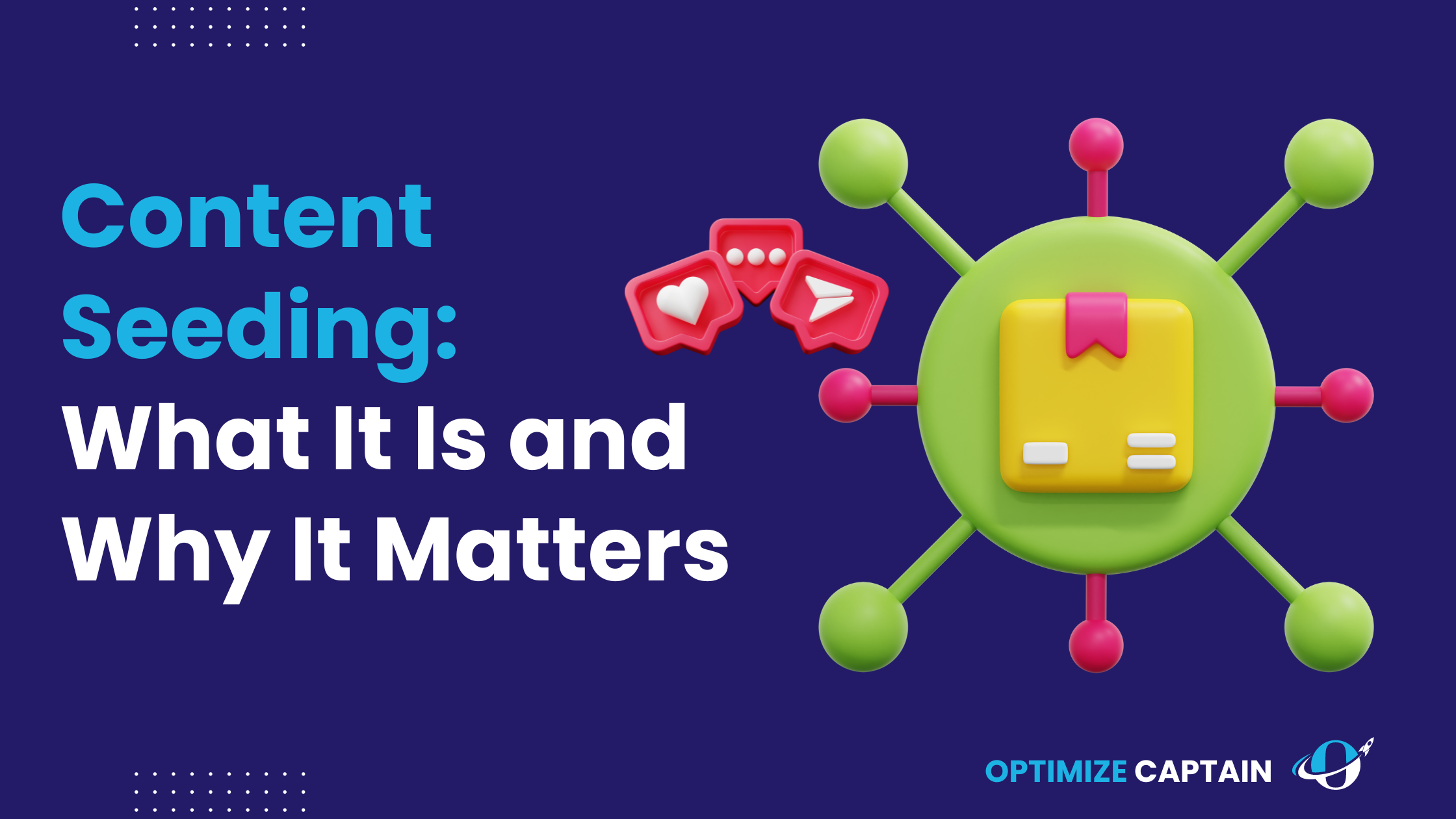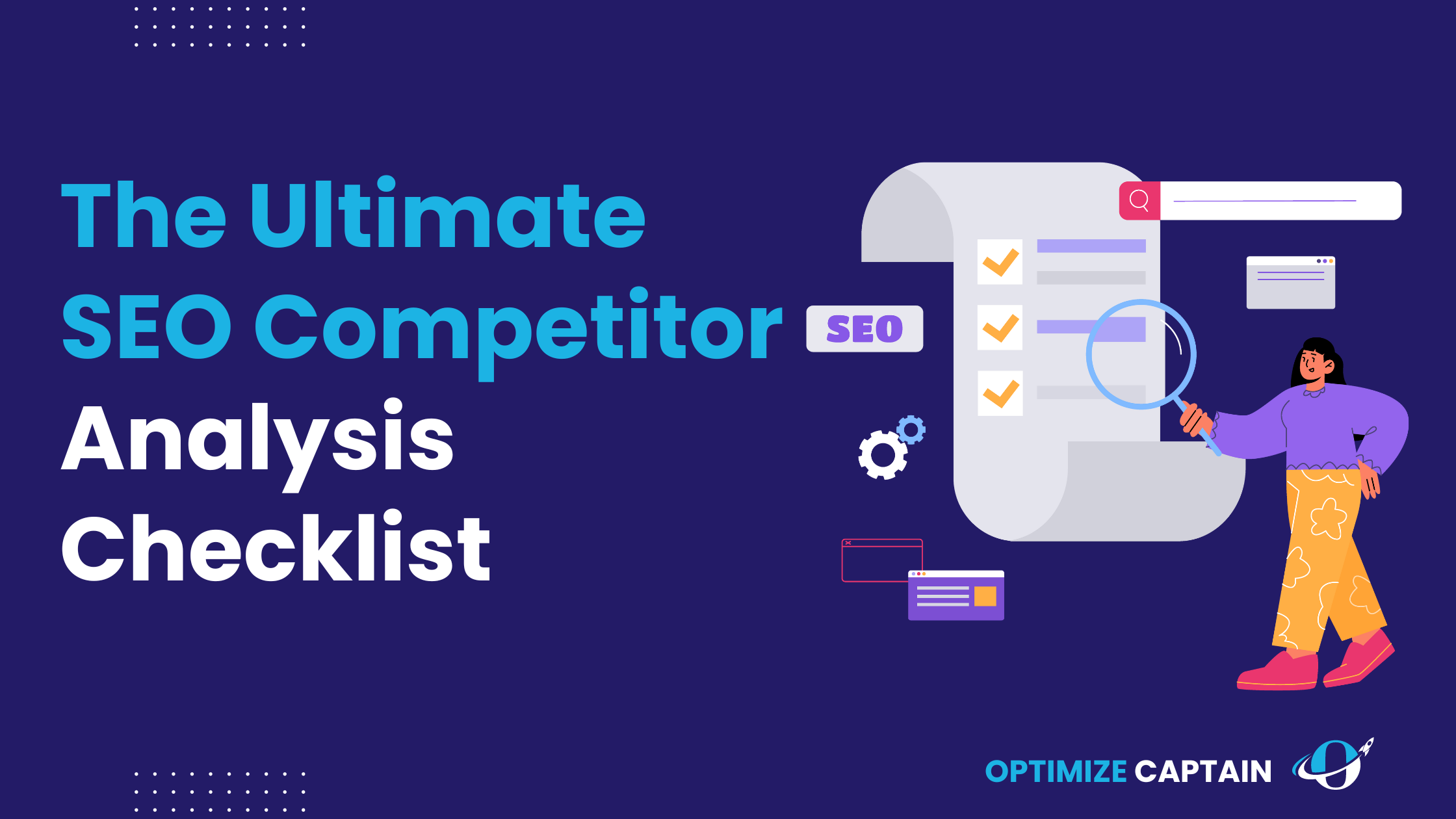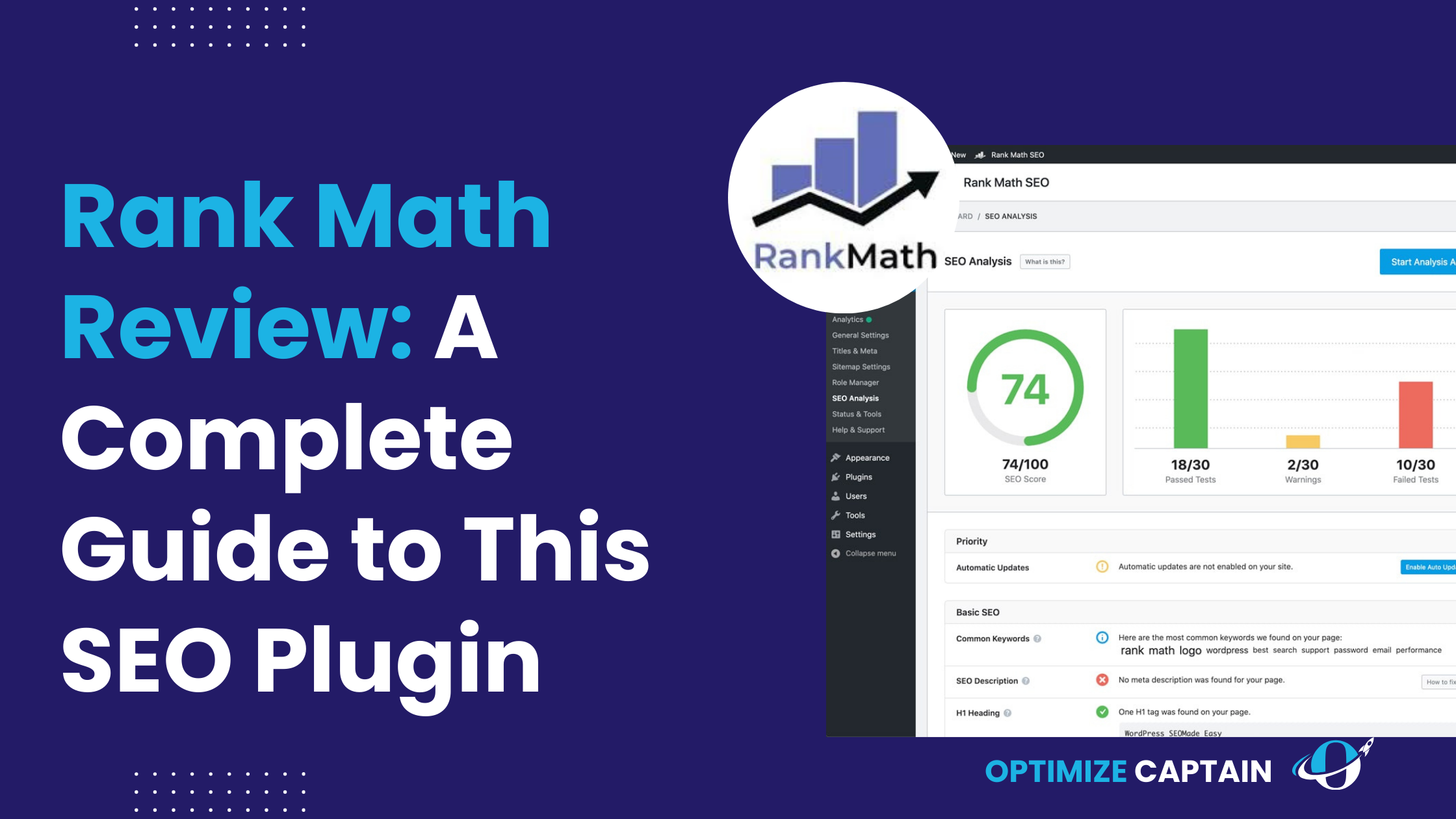The way businesses operate is changing rapidly. Gartner predicts 95% of software purchases will be delivered via SaaS by 2025, highlighting the shift towards online solutions. This means more and more companies are using SaaS software that lives on the internet instead of needing to be installed on every computer. This is called Software as a Service, or SaaS for short. Because it’s so convenient and easy to use, SaaS is becoming super popular with businesses of all sizes.
This means a huge demand for SaaS salespeople who can sell these online software solutions, called SaaS sales.
But what if you’re interested in this exciting field yet lack traditional sales experience? This comprehensive guide will equip you with the knowledge and strategies you need to break into the world of SaaS sales, even as a complete beginner.
What is SaaS Sales?
Software as a Service (SaaS) refers to a software delivery model where applications are hosted by a provider and accessed by users over the Internet. Instead of purchasing and installing software on individual computers, businesses subscribe to a SaaS solution and pay a recurring fee, typically monthly or annually. This model offers several advantages, including:
- Scalability: SaaS solutions can quickly scale up or down to meet the changing needs of a business.
- Cost-Effectiveness: Businesses avoid the upfront costs of purchasing and maintaining software licenses.
- Automatic Updates: Users can always access the latest features and security patches.
- Accessibility: SaaS applications can be accessed from any device with an internet connection.
How Does SaaS Sales Work?
SaaS sales people promote and sell these cloud-based software solutions to businesses. The sales process typically involves several key stages:

- Prospecting: Identifying and qualifying potential customers who could benefit from the SaaS solution.
- Building Relationships: Establishing rapport and trust with potential customers by understanding their needs and challenges.
- Product Demonstrations: Showcasing the features and benefits of the SaaS solution and how it addresses the customer’s pain points.
- Negotiation: Discussing pricing plans and tailoring a solution that meets the customer’s budget.
- Closing the Deal: Securing a commitment from the customer to purchase the SaaS solution.
- Customer Success: Beyond the initial sale, SaaS salespeople often ensure customer satisfaction and long-term success by providing ongoing support and training.
Essential Skills for Success in SaaS Sales
While some might think that experience is king in sales, the exciting world of SaaS sales offers opportunities for those without a traditional sales background. The key lies in possessing the right skills and a genuine passion for learning. Here are some essential qualities that will position you for success:
- Communication: This is your bread and butter! Excellent verbal and written communication skills are paramount for building rapport with potential customers, clearly presenting your SaaS solution’s value, and effectively negotiating deals.
- Relationship Building: SaaS sales emphasize establishing trust and fostering long-term client relationships. Think of yourself as a trusted advisor, understanding their needs and becoming a partner in their success.
- Problem-Solving: Businesses are constantly facing challenges. Your ability to identify their pain points and demonstrate how your SaaS solution can effectively address them is a valuable asset.
These core skills form the foundation, but there’s more to the SaaS sales toolkit! Consider developing expertise in:
- Product Knowledge: An in-depth understanding of the features, benefits, and how your SaaS solution solves customer problems is essential. Become a product champion!
- Negotiation Abilities: Negotiation is a tough skill; mastering it will help you secure deals that benefit both you and the customer.
- Data-Driven Approach: Leveraging data and sales analytics allows you to tailor your approach, measure success, and continually improve your performance.
You can bridge the experience gap and thrive in SaaS sales by honing these skills and demonstrating a willingness to learn.
Education & Training Required in SaaS Sales
While a college degree can be helpful, entering the world of SaaS sales is not mandatory. The good news is there are several ways to build your foundation and equip yourself with the knowledge and skills needed to hit the ground running:
- Sales Training: Consider boot camps, online courses, or certifications from reputable organizations. These programs provide targeted training on the specifics of SaaS sales, equipping you with the tools and strategies to excel.
- Self-Learning: Actively engage with industry resources like blogs, podcasts, and webinars offered by SaaS companies and sales leaders. Stay current on industry trends and best practices and learn from others’ experiences.
Here’s a practical tip: Even without direct sales experience, you can showcase transferable skills from previous roles. Did you excel in customer service? Highlight your communication and problem-solving abilities. Working in retail sales? Emphasize your experience building relationships and exceeding sales goals.
Now, let’s explore how to leverage these skills and newfound knowledge to land your first opportunity in SaaS sales!
Relevant Experience in SaaS Sales(Entry-Level Positions)
The world of SaaS sales offers a variety of entry-level positions that are perfect for launching your career, even without extensive experience. Here are a few roles to consider:
- Sales Development Representative (SDR): SDRs are the lead generation workhorses. They identify potential customers, qualify leads, and nurture them until they can talk with a sales rep (often called an Account Executive). This role provides valuable experience in prospecting, communication, and understanding the sales funnel.
- Business Development Representative (BDR): Similar to SDRs, BDRs focus on lead generation and qualification, but they might also have responsibilities in building relationships and setting initial sales meetings. This role offers a well-rounded introduction to the sales process.
- Customer Success Representative (CSR): While not directly involved in selling, CSRs are crucial in ensuring customer satisfaction and long-term success. This role provides valuable insights into customer needs and challenges, which can be a springboard for transitioning into a sales role later.
Internship or apprenticeship opportunities can offer valuable practical experience in a supportive environment.
Remember, even entry-level positions can be stepping stones to a successful career in SaaS sales. By demonstrating your skills, dedication, and eagerness to learn, you can pave the way for advancement.
SaaS Sales Certifications to Boost Your Resume
While not mandatory, certifications can enhance your resume and showcase your commitment to the SaaS industry. Here are some options to consider, categorized by focus:

Landing Your Dream SaaS Sales Job (Even Without Experience)
So, you’ve built a strong foundation and filled your toolbox with valuable knowledge and skills. Now it’s time to leverage that and land your dream job in SaaS sales! Here are 10 key strategies to help you stand out from the crowd, even without prior sales experience:
- Gain Experience in Customer Success or Support: Aim to get a foot in the door at a SaaS company through a customer success or customer support role. This will provide invaluable exposure to the product, the customer base, and their pain points – all crucial knowledge for a salesperson.
- Network and Attend Industry Events: Leverage platforms like LinkedIn to connect with established SaaS professionals and build relationships. Attend industry meetups, conferences, and workshops. Let people know you’re interested in a career in SaaS sales, and actively seek out informational interviews to gain insights from experienced individuals.
- Craft a Compelling Resume and Cover Letter: Don’t underestimate the power of a well-tailored resume and cover letter. Highlight relevant skills and experiences that align with the specific job description you’re targeting. Quantify your achievements whenever possible to showcase your impact in previous roles.
- Focus on Your Technical Foundation: Develop a strong understanding of technology, especially the specific SaaS product you sell. This equips you to address the needs of technical and non-technical customers confidently.
- Specialize in an Industry or Product Type: Consider focusing on a niche within the SaaS industry that aligns with your interests. Study the industry landscape, gain product-specific knowledge, and position yourself as an expert. This specialization will make you a more attractive candidate.
- Consider Internships or Certifications: Internships and certifications can significantly enhance your resume and showcase your commitment to the field. Explore internship opportunities at SaaS companies or pursue relevant certifications to bolster your credentials.
- Develop a Strong Understanding of the Product and Industry: Learn about the SaaS sales landscape. Study sales methodologies and strategies, attend training courses, and stay current on industry trends and news. This demonstrates your dedication to continuous learning and staying ahead of the curve.
- Highlight Transferable Skills: Even without direct sales experience, identify and showcase transferable skills from previous roles. These could include communication, problem-solving, negotiation, technical knowledge, or prospecting abilities – all valuable assets in a sales role.
- Be Prepared to Start at the Bottom: Career growth takes time and effort. Be open to starting in an entry-level position, like a Sales Development Representative (SDR). This provides a crucial foundation, allows you to learn the ropes, and paves the way for future promotions within the company.
- Stay Positive and Persistent: Rejection is part of the sales game. Don’t be discouraged! Stay positive and persistent, and keep working towards your goals. With the right skills, unwavering determination, and a strategic approach, you can successfully break into the exciting world of SaaS sales.
Conclusion
Breaking into SaaS sales without experience requires dedication, a willingness to learn, and the correct skill set. Following the strategies outlined in this guide, you can build a solid foundation and position yourself for success in this exciting and rewarding field. Remember, the SaaS industry is constantly evolving, so continuous learning and a commitment to professional development will be crucial throughout your career journey.
So, are you ready to embark on your journey into the dynamic world of SaaS sales? With the right approach and unwavering determination, you can turn your lack of experience into an advantage and carve a thriving career path in this ever-growing Sales SaaS Software industry.
FAQ’s
1. How much do SaaS sales reps make?
This varies depending on experience, location, and company size. But typically:
Entry-level: $48,000 – $84,000 base salary
Mid-level: Up to $79,000 with the commission, reaching $94,000 average
Senior-level: Up to $139,000 with commission (Top performers can exceed $250,000+)
2. Can I get into SaaS sales with no experience?
Yes! Many companies offer Business Development Representative (BDR) or Sales Development Representative (SDR) roles that train you in prospecting and lead generation.
3. How do I find job opportunities with SaaS companies?
Job boards: Look for “SaaS” or specific software categories on Indeed, LinkedIn, etc.
Company websites: Check the “Careers” pages of companies you’re interested in.
Networking: Connect with people in SaaS sales on LinkedIn and attend industry events.
4. What do hiring managers look for?
Communication skills: Strong written and verbal communication are essential.
Sales drive: They want someone passionate about exceeding goals.
Adaptability: The ability to learn new products and sales techniques quickly.
Persistence: SaaS sales can involve overcoming objections.
Tech Savvy: Familiarity with sales tools and CRMs is a plus.





